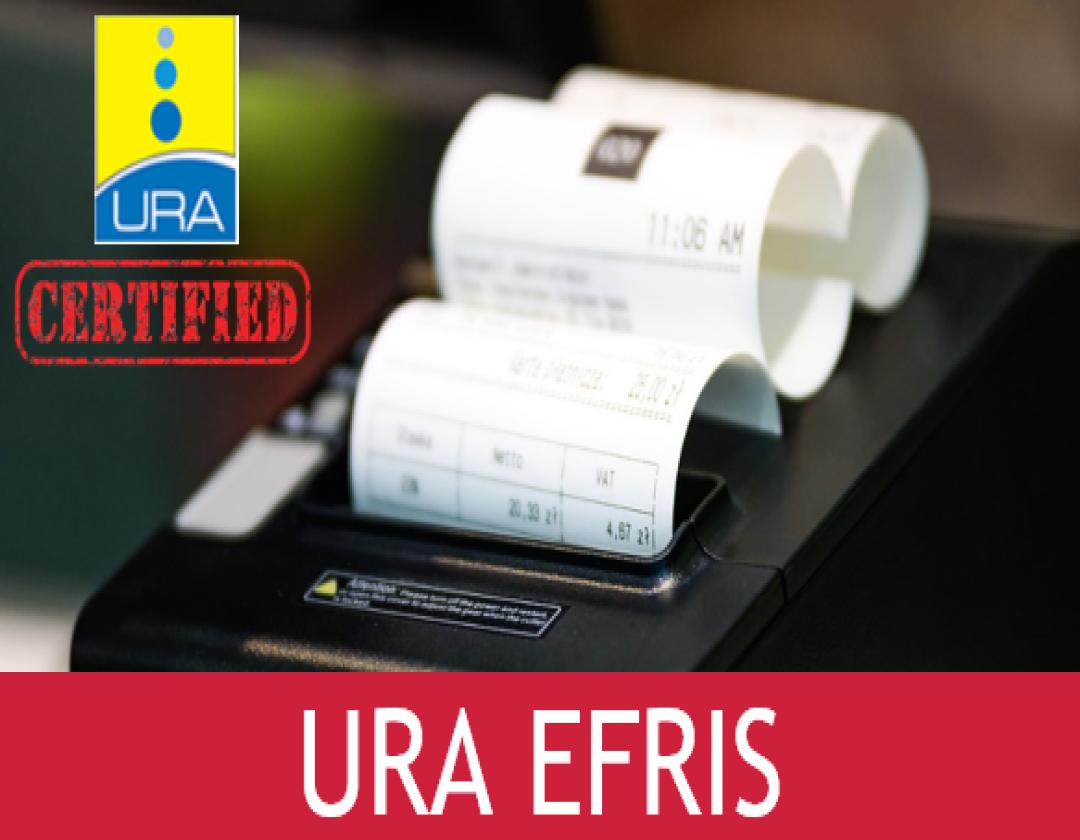Value-Added Tax (VAT) in Uganda is an indirect tax levied on the consumption of goods and services at each stage of production and distribution. It is charged on the value added at every stage of the supply chain, from manufacturers to wholesalers, retailers, and finally, the consumer. In Uganda, VAT is administered by the Uganda Revenue Authority (URA) under the Value Added Tax Act.
How VAT Works in Uganda
VAT in Uganda is charged at a standard rate of 18%. It is applied to most goods and services, though some categories like agricultural products, educational materials, and certain healthcare services may be zero-rated or exempt from VAT.
Here’s how VAT typically works in Uganda’s supply chain:
- Manufacturer: The manufacturer buys raw materials and pays VAT on these purchases. When the finished product is sold to a wholesaler, VAT is added to the sale price.
- Wholesaler: The wholesaler buys the product and pays VAT. Upon selling to a retailer, VAT is once again added to the selling price.
- Retailer: The retailer purchases the product, paying VAT, and then sells it to the final consumer, again adding VAT to the sale price.
- Consumer: The consumer, as the final user of the product, bears the cost of the VAT included in the retail price.
Each business in the supply chain can claim input VAT deductions for the VAT they paid, ensuring that the tax burden is ultimately passed to the consumer.
Why VAT is Important for Ugandan Businesses
VAT is a major revenue source for the Ugandan government, and understanding how it works is essential for businesses. Here’s why:
- Compliance with URA: Businesses that meet the annual turnover threshold of UGX 150 million are required to register for VAT with the URA. Failure to comply with this requirement can result in penalties and legal consequences.
- Input Tax Deductions: VAT-registered businesses can claim input tax credits for the VAT paid on business-related purchases. This can reduce costs significantly.
- Business Credibility: Many large companies and government institutions prefer dealing with VAT-registered businesses, as it reflects professionalism and compliance with Ugandan tax laws.
Key VAT Concepts in Uganda
- Input VAT: The VAT a business pays on goods and services it purchases for its operations.
- Output VAT: The VAT a business charges on goods and services it sells.
- Net VAT Payable: The difference between output VAT and input VAT. If the output VAT is higher, the business pays the difference to the URA. If input VAT exceeds output VAT, the business may be eligible for a refund.
VAT Registration Requirements in Uganda
Businesses with an annual taxable turnover exceeding UGX 150 million are required to register for VAT in Uganda. However, smaller businesses can also choose to voluntarily register for VAT, even if they don’t meet the turnover threshold.
Benefits of Voluntary VAT Registration
- Input VAT Deductions: Voluntarily registered businesses can claim VAT deductions on their purchases, reducing their overall costs.
- Increased Credibility: VAT registration can enhance a business’s reputation, particularly when working with larger companies or government contracts.
- Preparation for Growth: Registering early can help businesses avoid penalties and make it easier to scale when turnover increases.
VAT Exemptions and Zero-Rated Goods in Uganda
Certain goods and services in Uganda are either exempt from VAT or zero-rated. This means that either no VAT is charged, or the VAT rate is 0%. Examples include:
- Exempt: Educational services, healthcare services, financial services.
- Zero-rated: Exports, certain agricultural products.
How to Register for VAT in Uganda
To register for VAT in Uganda, businesses must:
- Apply through the Uganda Revenue Authority (URA) website.
- Provide business registration documents, tax identification number (TIN), and financial records to verify that the business meets the threshold for VAT registration.
- Submit monthly VAT returns once registered.
Conclusion
Understanding and complying with VAT regulations in Uganda is essential for any business operating within the country. Whether you are required to register for VAT or considering voluntary registration, being informed about VAT can help your business stay compliant, reduce costs through input tax deductions, and build credibility.



